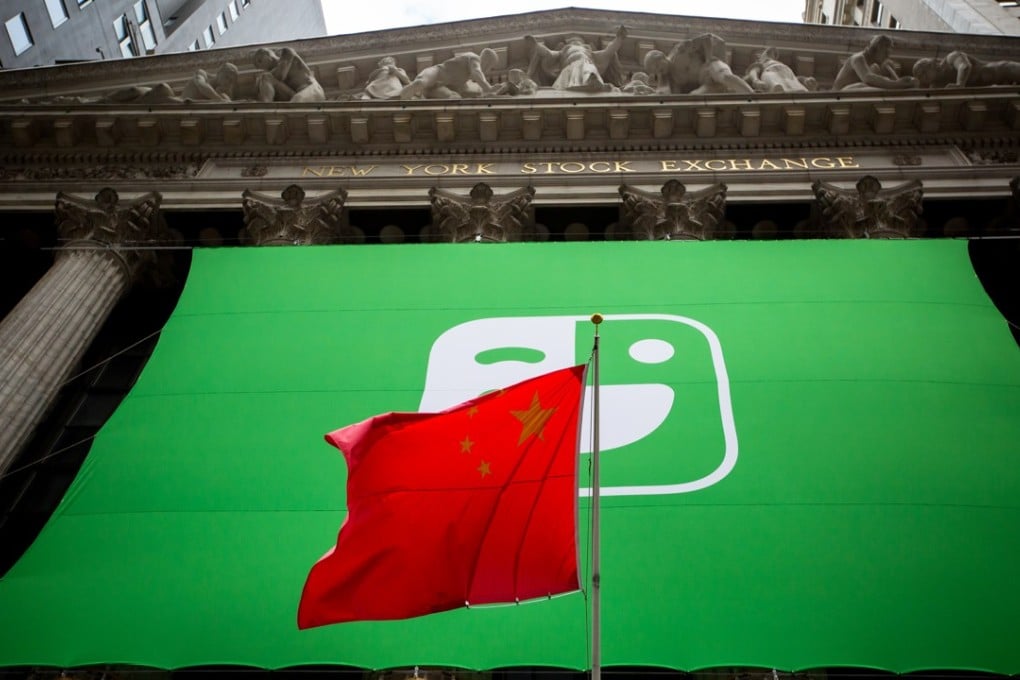Despite trade war, US investors embrace unprofitable Chinese IPOs in plan for long-term gain
Strength in IPOs contrasts sharply with drop in other types of cross-border investments

In a rare bright spot for cross-border investments, American funds are welcoming public offerings from money-losing Chinese companies with open arms, in spite of escalating trade tensions that have otherwise dampened activity this year.
Two out of every three Chinese IPOs in the US so far this year have been issued by unprofitable companies, according to data compiled by Jay Ritter, a finance professor at University of Florida. Historically, about 39 per cent of listing companies from China were losing money at the time of their IPO, according to Ritter’s data, which goes back to 1993.
The healthy appetite shows that investors are looking past the continuing geopolitical tensions between the world’s two largest economies and instead focusing on the long-term prospects expected from China.
“Investors are still very eager to get exposure to China’s growth,” Ritter said. “Even with stories about China slowing down, it still is one of the fastest growing economies in the world.”
That strength among investors comes as a stark contrast to a precipitous drop in Chinese investments in the US, which plummeted 92 per cent in the first nine months this year from its peak two years ago, according to Mergermarket data. Meanwhile, US investments in China flattened last year.